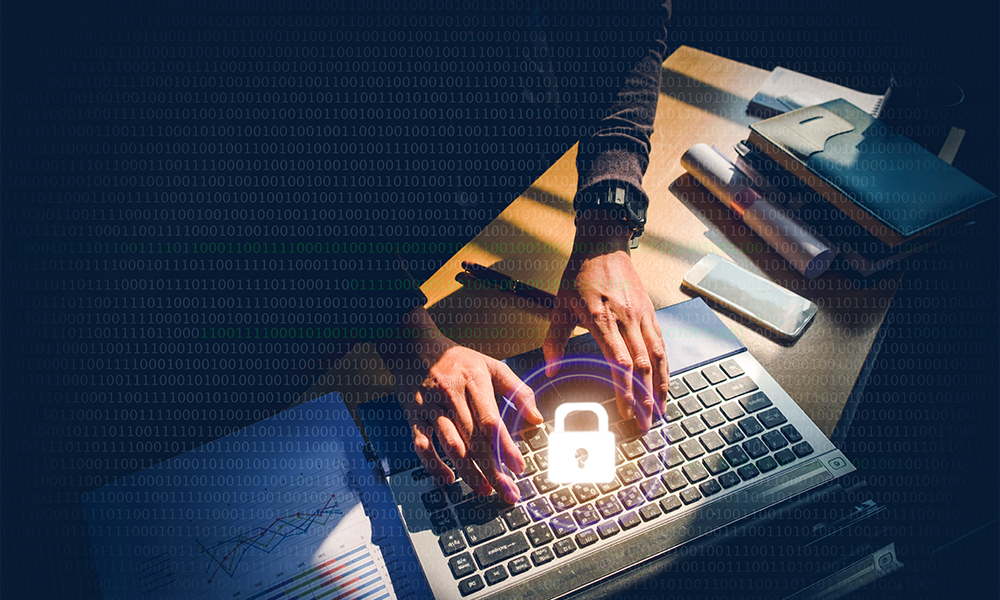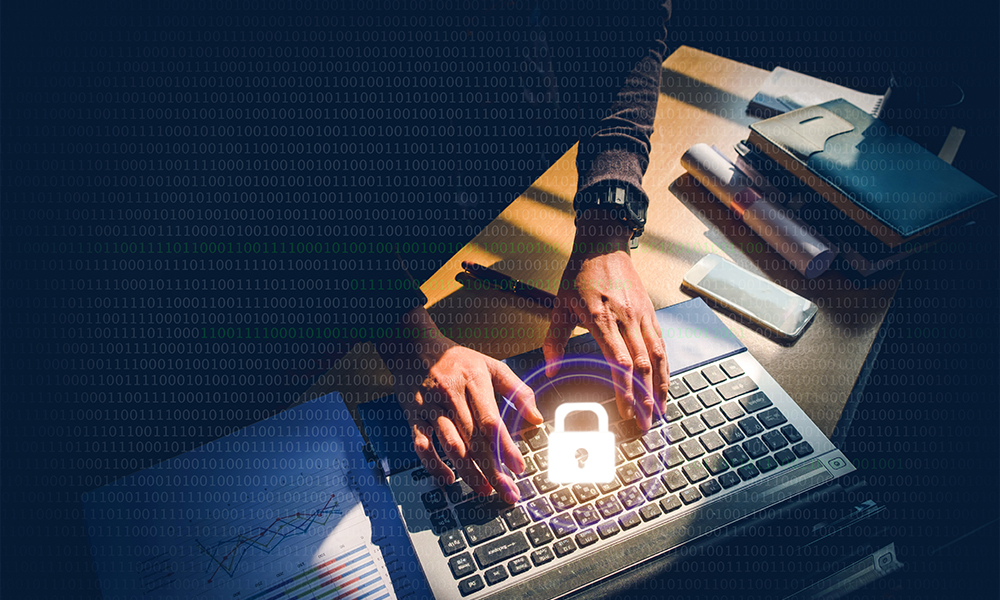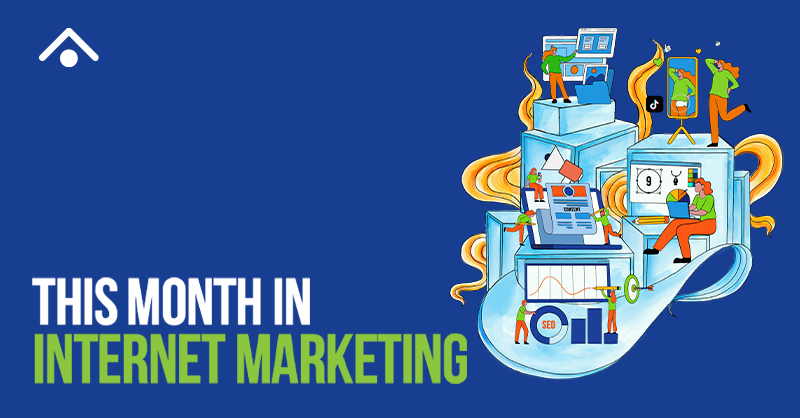How much do you know about your great grandparents? Probably not much. Perhaps a few old pictures, and that’s about it. Well guess what, your great grandkids will know everything there is to know about you. They will be able to track your entire life through pictures and videos. They’ll even know your favorite restaurants and meals. Why? Because you tweeted, “OMG I love pizza subs @Subway #Mmmm,” back in 2011.

We are currently living through the biggest cultural shift since the industrial revolution, and your actions will follow you for eternity. Does this sound a little intense? Maybe, but it’s the truth, and being a good person has never been more important.
Related Posts:
Do You Remember Life Before the Internet?
Plan Your Digital Strategy Effectively to Get Success
It’s hard to imagine, but there has been more content created in the last seven years than the previous four billion. Perhaps more importantly, information has never been so accessible. In your grandparent’s generation, information was held and protected by schools, libraries, and government institutions. Accessibility was a major issue. Can you imagine how frustrating it would’ve been to live in that time? Your grandparent’s had to work incredibly hard to learn. Conversely, in 2013 the path to knowledge is a click away. The accessibility of information is a blessing, but it comes at the cost of privacy.
With this in mind, here’s 3 tips to help you live in a digital world…
Read The Privacy Policies Of The App’s You Download
Let’s be honest, most of us arbitrarily accept privacy policies without thinking twice. After all, who wants to read legal terms and conditions? The obvious answer is, emphatically, no one! However, it’s worth a second look.
As a point of reference, I was recently updating my “Shazam App,” and I was surprised to see the information they request, and take, from my phone. Here’s a small sample…
- Your accounts – create accounts and set passwords
- Storage – Modify or delete the contents of your USB storage
- Microphone – Record audio
- Phone calls – Read phone status and identity
- System tools – Test access to protected storage
Is it just me, or is this a bit much? I’m not particularly interested in granting “Shazam” permission to record my phone conversations. I’m not saying you shouldn’t download the latest version of the App you love, but you should be aware that “free” Apps come with a cost.
Think Before You Post
This is the oldest advice in the “digital book,” but it still bears repeating. Think before you post. It’s not just high school kids making this mistake, its major corporations as well. Here’s a recent example…
On September 11th 2013, AT&T tweeted a picture of one of their phones taking a picture of the memorial lights at the Twin Towers. There was a caption attached to the picture that read “Never Forget,” and the backlash was substantial. The post was re-tweeted more over 300 times by people calling the tweet tasteless. AT&T would later apologize, but the damage had been done.
Think twice before you post, and put down the phone when you are emotional. When you say something inappropriate in the real world it is limited to the people you are speaking with. When you post something inappropriate online, the implications are unlimited.
Be A Good Digital Citizen
When the internet first became accessible to the masses 18 years ago, it was a forum that allowed for the anonymous slandering of others. There’s no doubt that these “internet trolls” still exist, but our physical and digital lives have become intertwined. So what does this mean? It means that accountability is at an all-time high. People can’t hide behind a username anymore, just ask Manti Te’o, Anthony Weiner / Carlos Danger, or “Dread Pirate Roberts – Link: http://nydn.us/1aLkDnH.”
I often wonder whether people think about the implications of living in the digital age. I also worry that people treat technology as a novelty, rather than a legacy builder. Think about it, for the first time in the history of the world, every human will leave this world with a traceable legacy. Previously, legacies were reserved for famous people who left a lasting impact on the world. Nowadays, many people seek fame and find infamy along the way.
So what’s the point of this article? Well, I hope I’ve demonstrated that there’s a forest beyond the trees. The internet has provided everyone with an avenue to express themselves, but it’s important to be responsible. I know I sound like a grizzled old man who is no fun, but it’s true.





on
Being a responsible citizen in the real world is encouraged by use of the law by the enforcement authorities. With more policing on the web there will be less of piracy once the rules are thoroughly enforced. Of course there are no borders on the internet. Hence all countries need to come together for this one.
on
Very useful information.
However to read all privacy policies is taking too much time.
Some digital rules with what should be mandatory to include is mandatory in my view, in order to protect privacy online
on
Thank you, I think we all just scroll…scroll…scroll and click accept none of us read what we accepting. I agree why do they need so much of my information for a simple app ? Is it not for there own gain do download all your info and then sell it all off to the highest bidder?